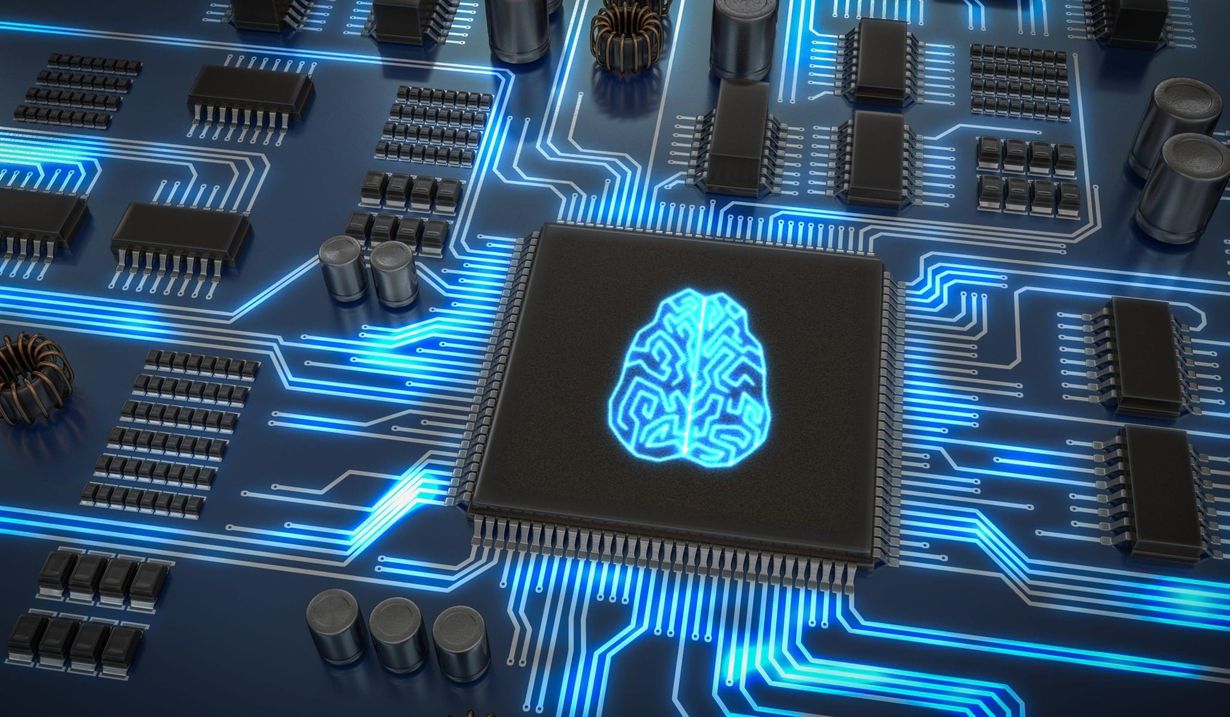
Molecular computing is a cutting-edge field blending chemistry, biology, and computer science to create computers at a molecular level. Imagine a world where computers are not just silicon-based but built from DNA, proteins, and other organic molecules. Molecular computers promise to revolutionize data processing, offering speeds and efficiencies far beyond current technologies. These tiny powerhouses could solve complex problems faster and more efficiently than traditional computers. From medical diagnostics to environmental monitoring, the potential applications are vast. Curious about how this works and what the future holds? Let's dive into 27 fascinating facts about molecular computing that will blow your mind!
What is Molecular Computing?
Molecular computing is a cutting-edge field that uses molecules, especially DNA, to perform computations. Unlike traditional computing, which relies on silicon-based hardware, molecular computing leverages the unique properties of molecules to process information.
-
Molecular computing uses molecules like DNA to store and process data, offering a new approach to computation.
-
DNA computing is a subset of molecular computing where DNA strands are used to solve complex problems.
-
Molecular logic gates are the building blocks of molecular computers, similar to electronic logic gates in traditional computers.
How Does Molecular Computing Work?
Understanding the mechanics behind molecular computing can be fascinating. It involves intricate processes that differ significantly from conventional computing.
-
Hybridization is a process where complementary DNA strands bind together, forming the basis for data storage and processing.
-
Enzymes play a crucial role in molecular computing by facilitating reactions that manipulate DNA strands.
-
Self-assembly allows molecules to spontaneously form organized structures, essential for creating molecular circuits.
Applications of Molecular Computing
Molecular computing isn't just theoretical; it has practical applications that could revolutionize various fields.
-
Medical diagnostics could benefit from molecular computing by enabling rapid and accurate detection of diseases.
-
Drug discovery processes can be accelerated using molecular computing to simulate and analyze complex biochemical interactions.
-
Cryptography could become more secure with molecular computing, offering new methods for encrypting data.
Advantages of Molecular Computing
Why consider molecular computing over traditional methods? Here are some compelling reasons.
-
Parallel processing allows molecular computers to perform many calculations simultaneously, increasing efficiency.
-
Energy efficiency is a significant advantage, as molecular computing consumes less power compared to silicon-based systems.
-
Miniaturization enables the creation of extremely small devices, potentially leading to more compact and powerful technology.
Challenges in Molecular Computing
Despite its potential, molecular computing faces several hurdles that need to be addressed.
-
Error rates in molecular computing can be high, requiring robust error-correction mechanisms.
-
Scalability remains a challenge, as creating large-scale molecular computers is complex and resource-intensive.
-
Stability of molecular components can be an issue, as they may degrade over time or under certain conditions.
Future of Molecular Computing
What does the future hold for this exciting field? Let's explore some possibilities.
-
Integration with traditional computing could lead to hybrid systems that combine the strengths of both approaches.
-
Quantum computing and molecular computing might intersect, offering even more powerful computational capabilities.
-
Artificial intelligence could benefit from molecular computing, enabling more advanced and efficient AI systems.
Key Researchers in Molecular Computing
Several pioneers are driving the field forward with groundbreaking research and innovations.
-
Leonard Adleman is known for his work in DNA computing, demonstrating its potential for solving complex problems.
-
Ehud Shapiro has made significant contributions to molecular computing, particularly in the development of molecular machines.
-
Lulu Qian focuses on designing molecular circuits and has made strides in creating programmable molecular systems.
Real-World Examples of Molecular Computing
Let's look at some real-world implementations that showcase the potential of molecular computing.
-
DNA origami involves folding DNA into specific shapes, which can be used to create nanoscale structures and devices.
-
Molecular robots are tiny machines made of molecules that can perform specific tasks, such as targeted drug delivery.
-
Biocomputers use biological molecules to perform computations, offering a new approach to problem-solving in various fields.
Ethical Considerations in Molecular Computing
As with any emerging technology, molecular computing raises ethical questions that need careful consideration.
-
Privacy concerns arise from the potential misuse of molecular computing in surveillance and data collection.
-
Environmental impact of producing and disposing of molecular components must be assessed to ensure sustainability.
-
Access and equity issues need to be addressed to prevent disparities in the availability and benefits of molecular computing technology.
The Future of Molecular Computing
Molecular computing isn't just science fiction anymore. It's a rapidly advancing field with the potential to revolutionize technology. Imagine computers that are incredibly small yet powerful, capable of solving complex problems faster than today's supercomputers. Researchers are making strides in using molecules for data storage, processing, and even creating bio-computers that can operate within living organisms.
This technology could lead to breakthroughs in medicine, environmental science, and many other areas. While challenges remain, like stability and scalability, the progress so far is promising. As scientists continue to explore and refine these techniques, molecular computing could become a cornerstone of future innovations.
Stay tuned to see how this exciting field evolves. The possibilities are endless, and the impact could be profound. Keep an eye on molecular computing; it's set to change the world in ways we can only begin to imagine.
Was this page helpful?
Our commitment to delivering trustworthy and engaging content is at the heart of what we do. Each fact on our site is contributed by real users like you, bringing a wealth of diverse insights and information. To ensure the highest standards of accuracy and reliability, our dedicated editors meticulously review each submission. This process guarantees that the facts we share are not only fascinating but also credible. Trust in our commitment to quality and authenticity as you explore and learn with us.
